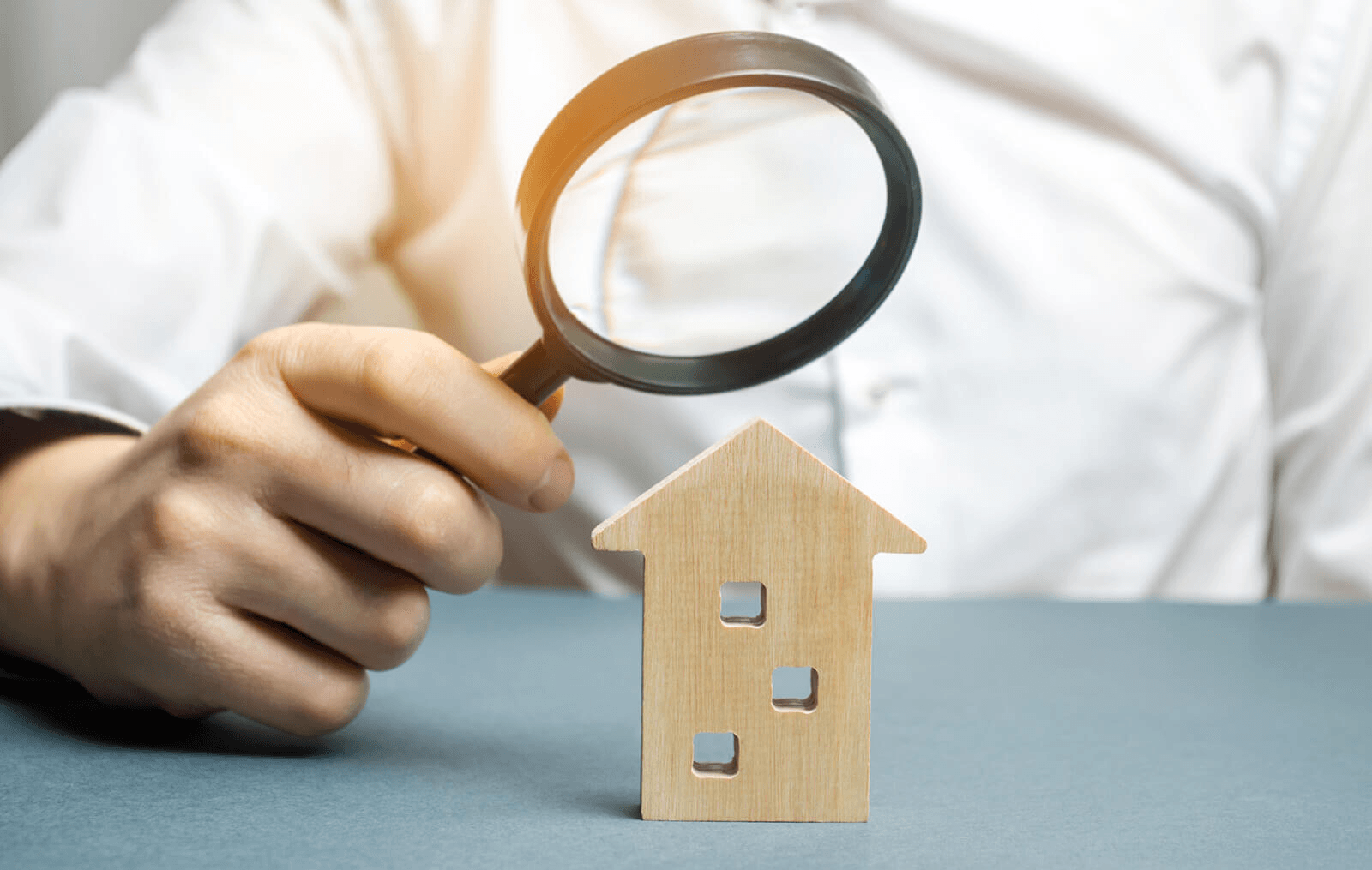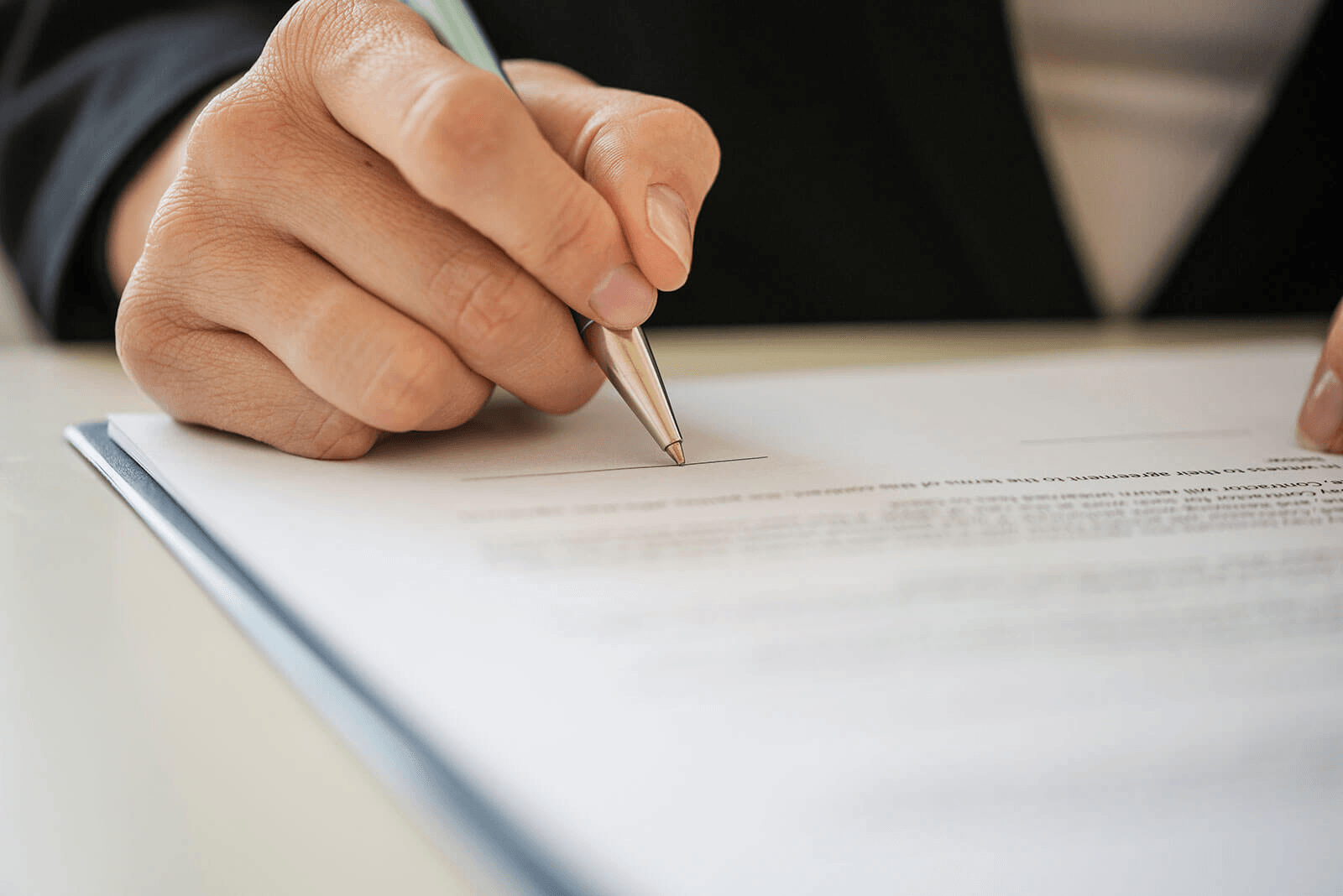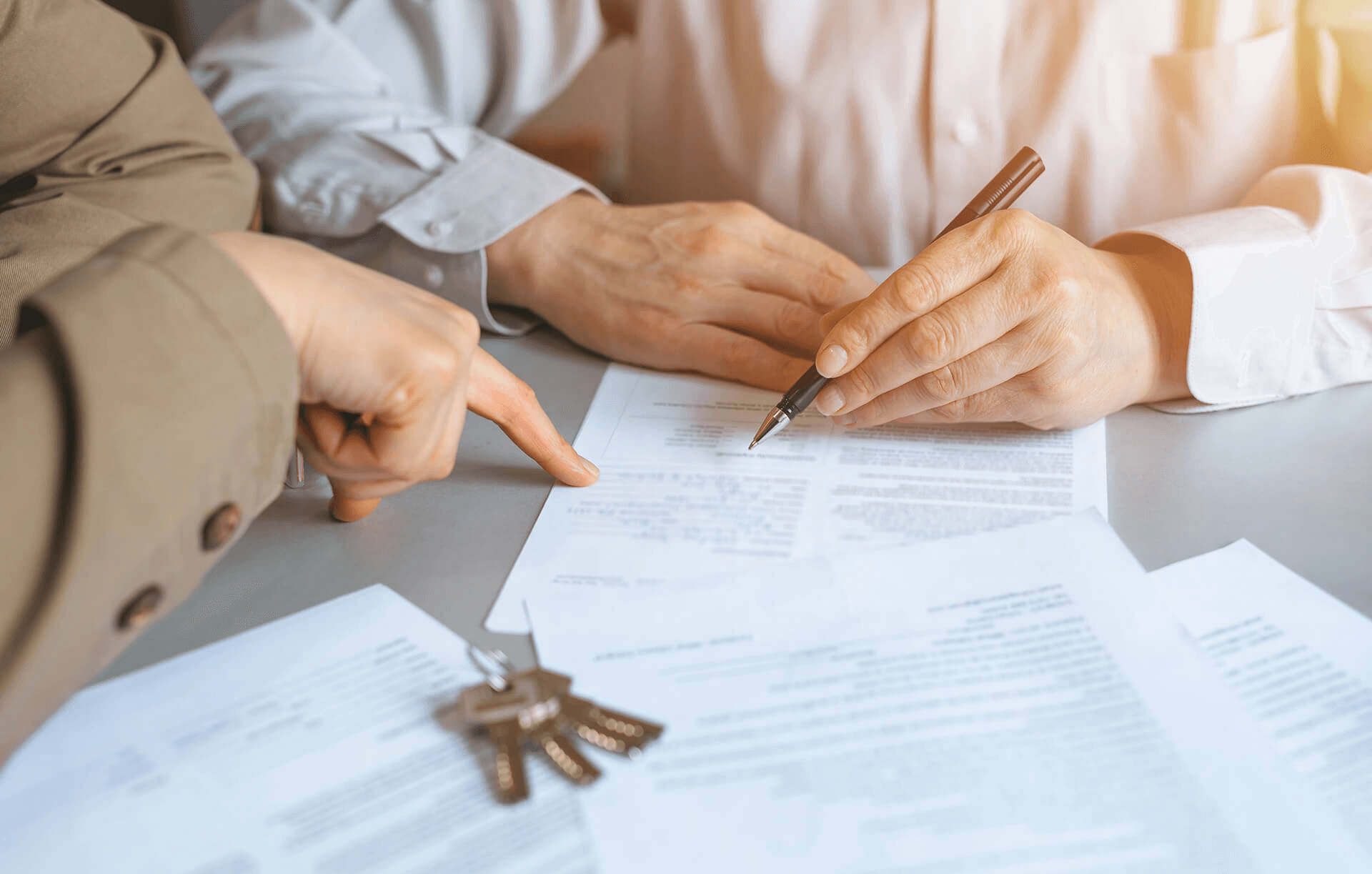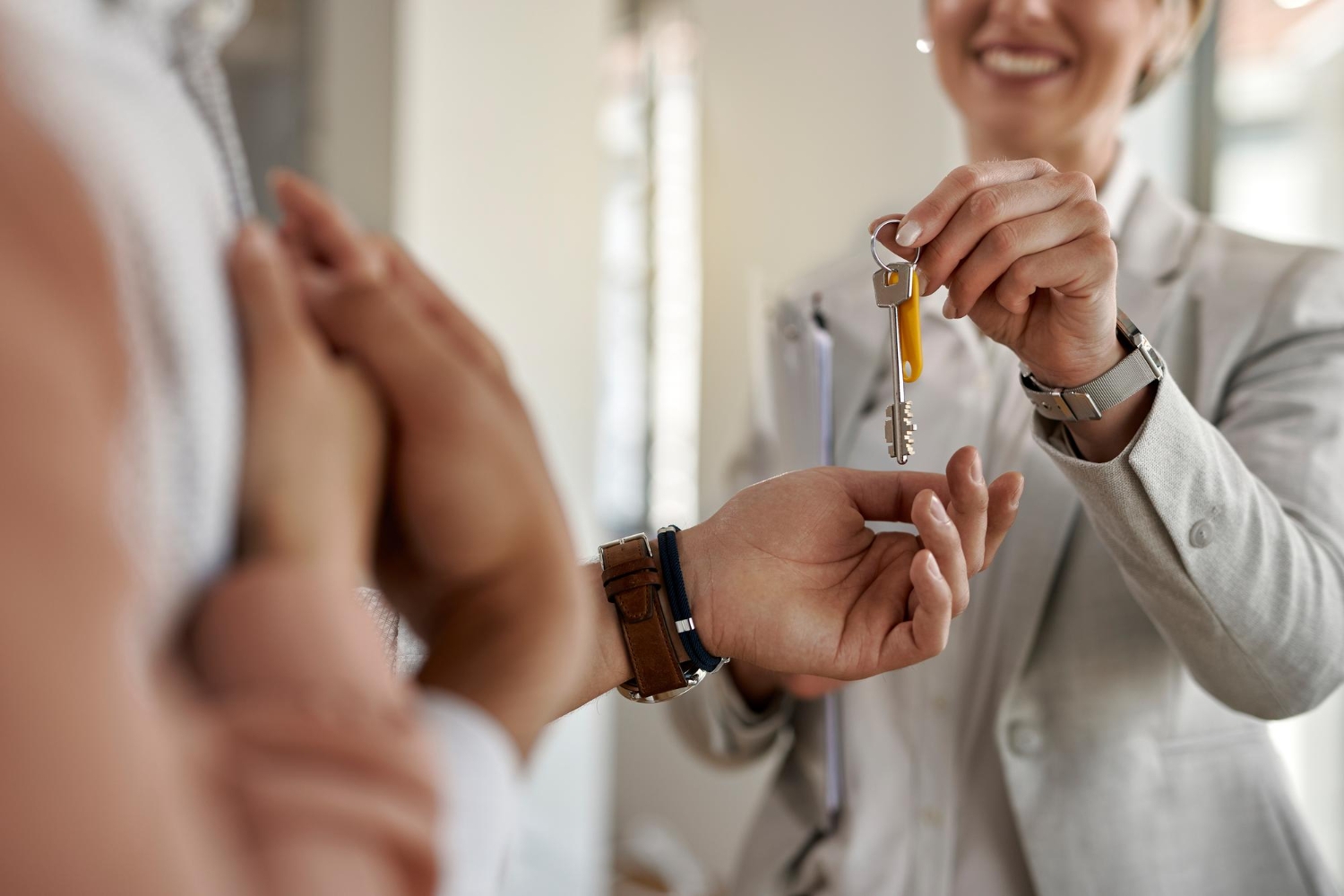How to check an apartment before buying

When the apartment that you have been looking to buy for so long is finally chosen, you want to close the deal as soon as possible. Most buyers at such moments do not think about the fact that the real estate before the transaction should be thoroughly checked, relying on the fact that the documents provided by the seller are in order. We tell you why it is so important to make sure that the deal is legally clean and how to properly check the apartment before buying.
Is it possible to independently check the apartment when buying
Checking an apartment before buying it is a mandatory stage that many people skip, risking falling into the hands of fraudsters. Such excessive trustfulness can lead to unpleasant consequences: from the discovery of debts for utilities to the emergence of the legitimate owners of the property.
The buyer can check the apartment on his own. But it is important to understand that when looking for housing will have to analyze each attractive object, and this takes time, nerves and strength, that is, the purchase process is delayed.
A safe option is to delegate the inspection to a real estate agency. The staff of the real estate agency "Mayak" has not only qualified realtors, but also notaries and lawyers. If the buyer likes any apartment, the agent will provide all the information about it.
Before a deposit is made, the documents for the object are submitted to the legal department for thorough analysis. Specialists check the authenticity of title documents, passports of owners, technical documentation, the presence of arrests and disputes by third parties. This approach to checking the living space allows you to buy an apartment without unpleasant consequences.
What to check before buying an apartment
The inspection of the apartment before the transaction is carried out according to the following scheme:
Check the owner of the property. At the first stage it is important for the buyer to make sure that the seller really exists, he behaves adequately and his age does not exceed the mark of 80 years. The laws of Ukraine do not set age limits for sellers of real estate, but the buyer should understand that buying an apartment from such an elderly person is a higher risk. Due to age, medication or certain illnesses, the owner over 80 years old may not realize the essence of the transaction.
Check the owner's representative. If the apartment is sold not by the owner, but by his representative, it is important to look at the power of attorney and compare the personal data in it with the data in the passports, as well as check the validity of the document and the authority of the seller's representative.
Check the title to the property. At this stage, you should ask the seller to show the original documents for the apartment. This may be a sale and purchase agreement, a certificate of inheritance, a gift deed, or a court decision.
Check for any arrests, mortgages or other restrictions on the purchase of the apartment.
Check whether all utility bills have been paid. After the re-registration of the residential property, the debts are transferred to the new owner or he will have to resolve this issue in court.
Check whether there are other registered persons in the apartment besides the owner, including minors.
Check the permission of the spouse or guardianship authority. If the seller is married or recently divorced, the property may be jointly owned. To avoid problems, make sure that the spouse has given his or her written consent to the sale of the property.
Check the technical specifications of the apartment. The actual layout of the apartment should be compared with the technical passport. If the previous owner has made serious alterations, he must have a documented authorization for this.
This is an approximate step-by-step instruction on how to check a property before buying it yourself. If you do not have time to do the whole process, it is better to entrust it to specialists.
What documents should be checked before buying an apartment
Before executing a sale and purchase agreement, it is necessary to carefully check all the documents provided by the seller. The list of documents will be different depending on whether the apartment is being bought on the secondary market or in a new building.
When buying an apartment from a developer in a completed house or at the construction stage, you should check the following documents:
Construction company documents - there must be a legal status of the builder;
documentation for the land - certificate of ownership or lease agreement with the intended purpose "Construction of an apartment building";
licenses and permits for construction work;
construction financing authorizations;
urban planning conditions and constraints;
declaration on the beginning of construction (for objects of I-III category) or permission to carry out construction works (for IV-V categories);
declaration of readiness for operation (for constructed facilities of І-ІІІІ category) or act of readiness for operation and certificate of conformity from GASI (for IV-V categories).
When buying an apartment from a private person on the secondary market, you need to check such documents:
original passport and identification code of the seller (if there are co-owners, their documents too);
Notarized consent to the sale from the co-owners;
certificate of ownership and a document confirming the transfer of ownership rights to the owner-seller (sale and purchase agreement, exchange agreement, deed of gift, certificate of inheritance or other);
A spouse's marriage, divorce, or death certificate;
Notarized consent to the sale from the spouse, if the home was purchased during the marriage;
birth certificates for children under the age of 14 if they are co-owners of the dwelling;
permission of the guardianship and custody authorities to sell the property if there are minor owners;
death certificate of the testator, if the apartment was inherited;
an extract from the house book stating that there are no more registered persons in the apartment;
a document on the expert evaluation of the apartment;
a statement from the registry that the house is not under arrest and is not prohibited for sale;
certificate of absence of debts on public utilities;
a certificate from the BTI that the housing has not been subjected to illegal alterations.
If the apartment is sold by an authorized person, in addition to the above documents, there must be an original power of attorney for the sale of residential property, certified by a notary.
How to check the legal cleanliness of an apartment when buying
There are situations when the legal owner does not have the right to sell his apartment. This happens when the apartment is under arrest or under another ban on sale. You need to be aware of this to avoid getting into trouble.
It is the duty of the notary to check information about restrictions, but you can also do it yourself. All data is available online, in the State Register of Real Estate Rights. The certificate will contain information about whether the property in question is prohibited for sale or is under mortgage.
If you have found a property that is being sold at a suspiciously low price, it should definitely be checked for legal cleanliness. It is not uncommon for the seller to sue for the apartment and may lose it at any moment, so he hurries to sell at a low price and, of course, does not tell the buyer about the legal battle.
To make sure that the housing is not being sued for, you need to go to the Unified Register of Court Decisions. The search is conducted by the address of the apartment, name and date of the ownership document. The name of the owner can also be used to find information on the Judicial Authority's website.
How to check the ownership of an apartment
To find out whether the property is actually owned by the seller and whether there are other owners, you need to check the title to the property. First, you should ask to see the original documents for the apartment. This can be a sale and purchase agreement, a certificate of inheritance, a deed of gift, or a court decision.
If the seller provides a certificate of inheritance, you need to find out if there are other heirs who can claim their share of the property. It is also important to look at the date on the certificate. If it was issued recently, the other heirs may apply to the court to restore the time limit for accepting the inheritance.
If the apartment is owned by a court order, there may also be problems here. It is important to look at the date on the document. If the decision is recent, there is a risk that it may still be appealed.
The buyer must realize that title deeds can be forged. Even a notary can make a mistake when checking. To protect yourself, you can order an online certificate from the State Register of Real Estate Rights. In this register, entries have been made since 2013. If the apartment was transferred into ownership before 2013, the certificate can be obtained from the BTI.
How to find out if you have debts for utility services
An honest seller when selling an apartment will pay all the utilities and transfer the housing to the new owner without debts. But not everyone is honest. And it is not uncommon for unpaid bills to be transferred with the apartment to the new owner.
To check if you have utility debts, you need to:
ask the seller to show an up-to-date certificate from the housing and utility company or condominium association that there are no debts;
check the homeowner in the Register of Debtors on the website of the Ministry of Justice by full name and identification code.
If the whole process of checking an apartment before buying seems too laborious and time-consuming, delegate it to professionals. When you contact Mayak Real Estate Agency, you cooperate with several specialists at once: a realtor, a notary and a lawyer. This guarantees that the transaction will be legal and without unpleasant consequences.



